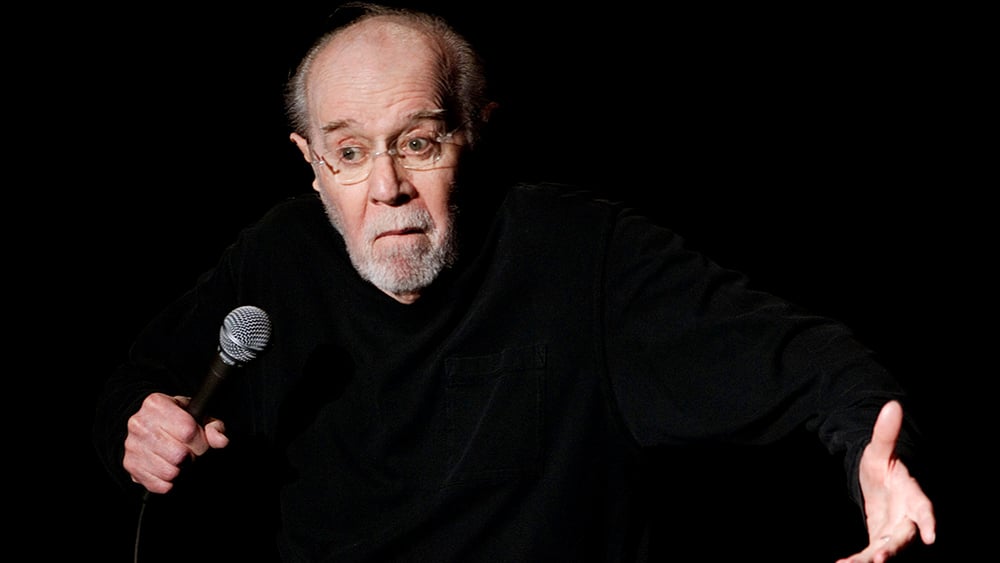George Carlin Estate Files Lawsuit Against Group Behind AI-Generated Stand-Up Special: ‘A Casual Theft of a Great American Artist’s Work’::George Carlin’s estate has filed a lawsuit against the creators behind an AI-generated comedy special featuring a recreation of the comedian’s voice.



You couldn’t sell that game, even if you created your own assets, because Mega Man is a trademarked character. You could make a game inspired by Mega Man, but if you use any characters or locations from Mega Man, you would be violating their trademark.
AI, celebrity likeness, and trademark is all new territory, and the courts are still sorting out how corporations are allowed to use a celebrities voices and faces without their consent. Last year, Tom Hanks sued a company that used an IA generated version of him for an ad, but I think it’s still in court. How the courts rule on cases like this will probably determine how you can use AI generated voices like in your Reptilian Pope example (though in that case, I’d be more worried about a lawsuit from Futurama).
This lawsuit is a little different though; they’re sidestepping the issue of likeness and claiming that AI is stealing from Carlin’s works themselves, which are under copyright. It’s more similar to the class action lawsuit against Chat GPT, where authors are suing because the chatbot was fed their works to create derivative works without their consent. That case also hasn’t been resolved yet.
Edit: Sorry, I also realized I explained trademark and copyright very poorly. You can’t make a Mega Man game because Mega Man, as a name, is trademarked. You could make a game that has nothing to do with the Mega Man franchise, but if you called it Mega Man you would violate the trademark. The contents of the game (levels, music, and characters) are under copyright. If you used the designs of any of those characters but changed the names, that would violate copyright.
Celebrity likeness is not new territory.
Crispin Glover successfully sued the filmmakers of Back to the Future 2 for using his likeness without permission. Even with dead celebrities, you need permission from their estate in order to use their likeness.
Yes, but it’s new territory in the sense of AI and creative works. If I were to use a photo of Tom Hanks for commercial purposes, that would be clearly stealing his likeness. If I were to create a drawing or painting of Tom Hanks, it becomes a lot less clear cut, and the answer depends on weather my work can be considered, “transformative.”
Many people using AI today are claiming that the works being created are transformative; they’re not using a picture of Tom Hanks, AI is creating a picture of Hanks from existing pictures, just like a painter uses references. This is essentially what the creators of the Carlin special are saying in their disclaimer; this is an AI impression of Carlin, not the real Carlin, and should be treated like any comedian doing an impression.
This is the new territory. I don’t know how the courts will rule, but based on the recent ruling against the Warhol estate, there will be a high bar for what is considered transformative.
Even professional impersonators must pay royalties to the original artist or their estate. The Carlin example seems to me to be impersonation rather than an impression.
Yeah, I’d agree with that. I hope it comes up at trial.